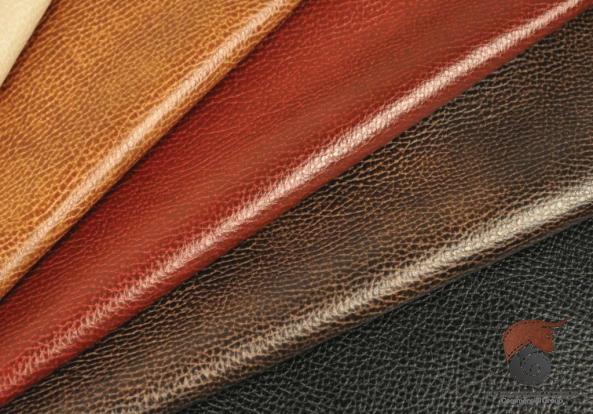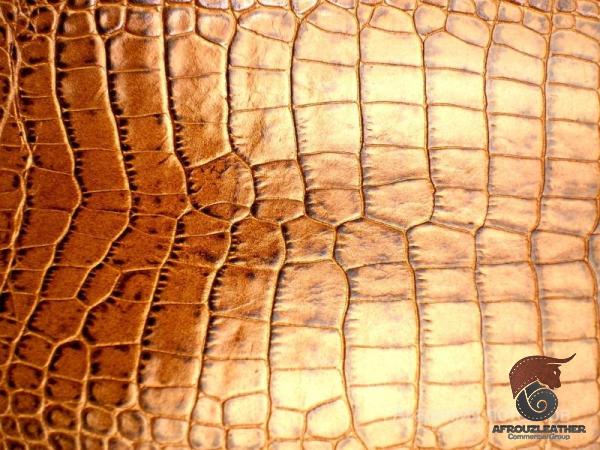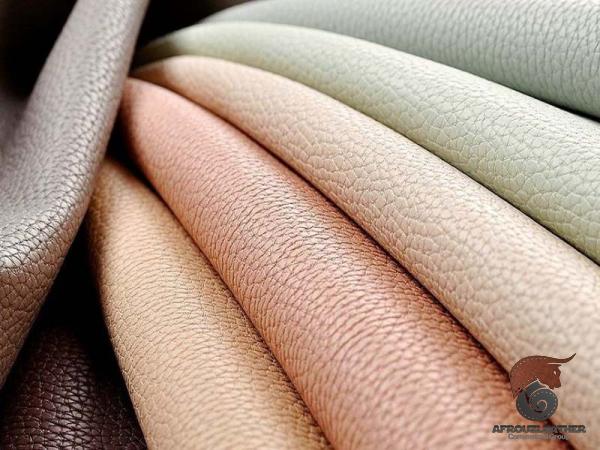Faux leather, also known as synthetic or vegan leather, has gained significant popularity in recent years due to its eco-friendly nature and its resemblance to genuine leather. South Africa, being a diverse and vibrant market, has a growing demand for faux leather products. Consequently, a number of suppliers and manufacturers have emerged to cater to this demand. This article aims to provide a comprehensive overview of faux leather suppliers in South Africa, examining their products, production processes, market presence, and sustainability initiatives. 1. Global Faux Leather Market Overview: – Presenting an overview of the global faux leather market and its growth prospects.
leather
 – Highlighting key factors that have contributed to the increased demand for faux leather, such as changing consumer preferences, sustainability concerns, and animal welfare issues. 2. Faux Leather in South Africa: – Discussing the rising popularity of faux leather in South Africa, both in the fashion and upholstery sectors. – Exploring the reasons behind the growing demand, including affordability, versatility, and the country’s commitment to sustainability. 3. Leading Faux Leather Suppliers in South Africa: – Profiles and in-depth reviews of the top faux leather suppliers in South Africa, including their product portfolios, manufacturing processes, and pricing strategies. – Highlighting the unique selling points of each supplier, such as innovative designs, customization options, or sustainable production methods.
– Highlighting key factors that have contributed to the increased demand for faux leather, such as changing consumer preferences, sustainability concerns, and animal welfare issues. 2. Faux Leather in South Africa: – Discussing the rising popularity of faux leather in South Africa, both in the fashion and upholstery sectors. – Exploring the reasons behind the growing demand, including affordability, versatility, and the country’s commitment to sustainability. 3. Leading Faux Leather Suppliers in South Africa: – Profiles and in-depth reviews of the top faux leather suppliers in South Africa, including their product portfolios, manufacturing processes, and pricing strategies. – Highlighting the unique selling points of each supplier, such as innovative designs, customization options, or sustainable production methods.
Specifications of leather
 4. Product Range and Applications: – Analyzing the diverse range of faux leather products offered by suppliers in South Africa, including clothing, footwear, handbags, upholstery materials, and automotive upholstery. – Discussing the quality and durability of these products, comparing them to genuine leather alternatives. 5. Sustainability Initiatives: – Examining the sustainability initiatives undertaken by faux leather suppliers in South Africa, such as the use of recycled materials, water conservation practices, and adherence to ethical manufacturing standards. – Evaluating the environmental impact of synthetic leather production compared to genuine leather. 6. Market Presence and Distribution Channels: – Detailing the distribution network of faux leather suppliers in South Africa, including their presence in retail stores, e-commerce platforms, and collaborations with designers and brands. – Analyzing the growth potential of the South African market and the opportunities for expansion.
4. Product Range and Applications: – Analyzing the diverse range of faux leather products offered by suppliers in South Africa, including clothing, footwear, handbags, upholstery materials, and automotive upholstery. – Discussing the quality and durability of these products, comparing them to genuine leather alternatives. 5. Sustainability Initiatives: – Examining the sustainability initiatives undertaken by faux leather suppliers in South Africa, such as the use of recycled materials, water conservation practices, and adherence to ethical manufacturing standards. – Evaluating the environmental impact of synthetic leather production compared to genuine leather. 6. Market Presence and Distribution Channels: – Detailing the distribution network of faux leather suppliers in South Africa, including their presence in retail stores, e-commerce platforms, and collaborations with designers and brands. – Analyzing the growth potential of the South African market and the opportunities for expansion.
buy leather
 7. Challenges and Future Outlook: – Addressing the challenges faced by faux leather suppliers in South Africa, such as competition from genuine leather, pricing pressure, and maintaining product quality. – Discussing future prospects for the industry, including the impact of changing consumer preferences, advancements in technology, and potential growth in export markets. Conclusion: Faux leather has established itself as a viable alternative to genuine leather, and its popularity continues to rise in South Africa. Faux leather suppliers in the country offer a wide range of products and display a commitment to sustainability. As the demand for eco-friendly and animal-friendly products grows, the market for faux leather in South Africa is expected to expand further. With continued innovation, strategic partnerships, and effective marketing strategies, the industry is well-positioned to effectively cater to consumers’ needs while achieving long-term growth and sustainability.
7. Challenges and Future Outlook: – Addressing the challenges faced by faux leather suppliers in South Africa, such as competition from genuine leather, pricing pressure, and maintaining product quality. – Discussing future prospects for the industry, including the impact of changing consumer preferences, advancements in technology, and potential growth in export markets. Conclusion: Faux leather has established itself as a viable alternative to genuine leather, and its popularity continues to rise in South Africa. Faux leather suppliers in the country offer a wide range of products and display a commitment to sustainability. As the demand for eco-friendly and animal-friendly products grows, the market for faux leather in South Africa is expected to expand further. With continued innovation, strategic partnerships, and effective marketing strategies, the industry is well-positioned to effectively cater to consumers’ needs while achieving long-term growth and sustainability.

Your comment submitted.